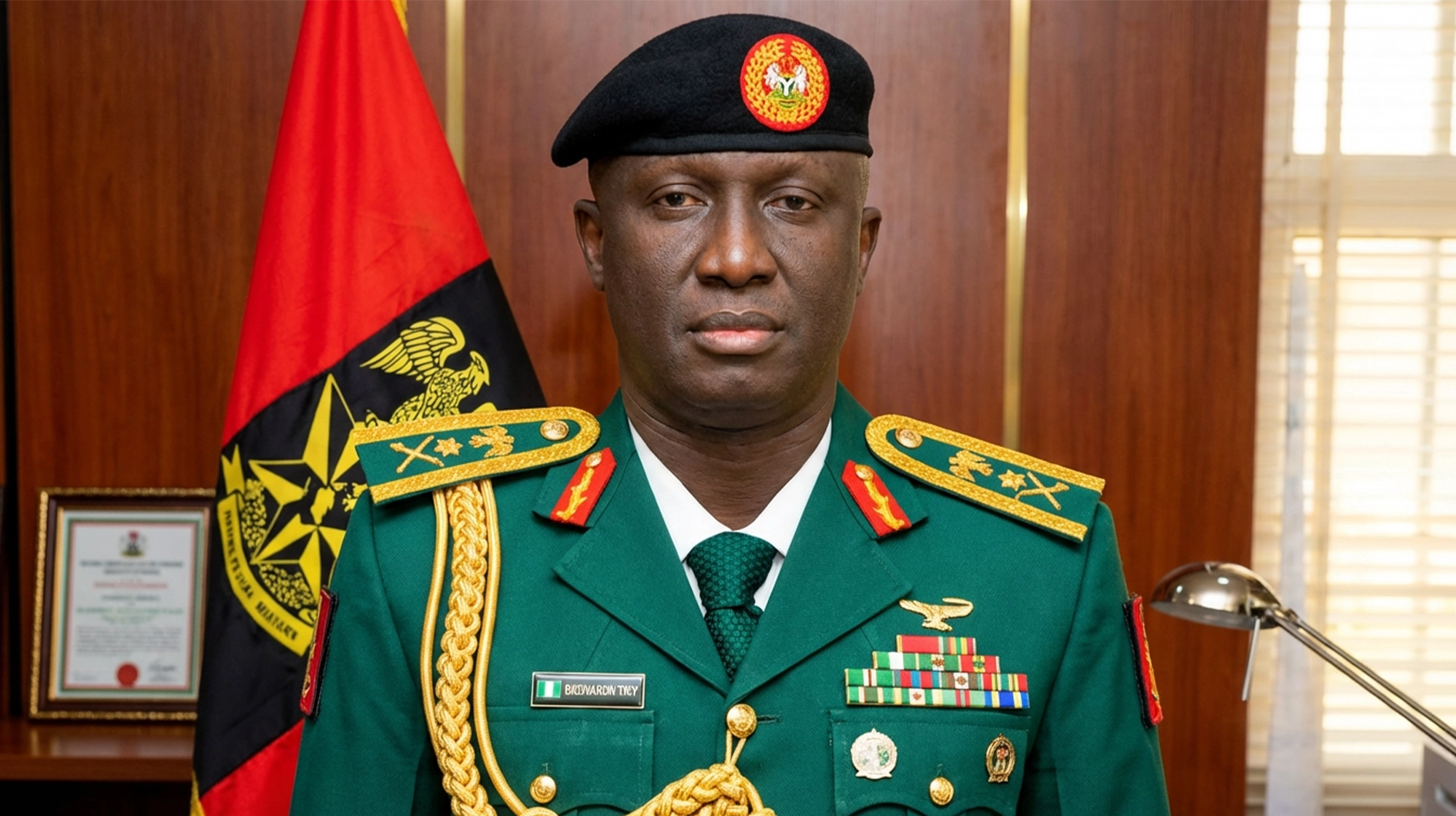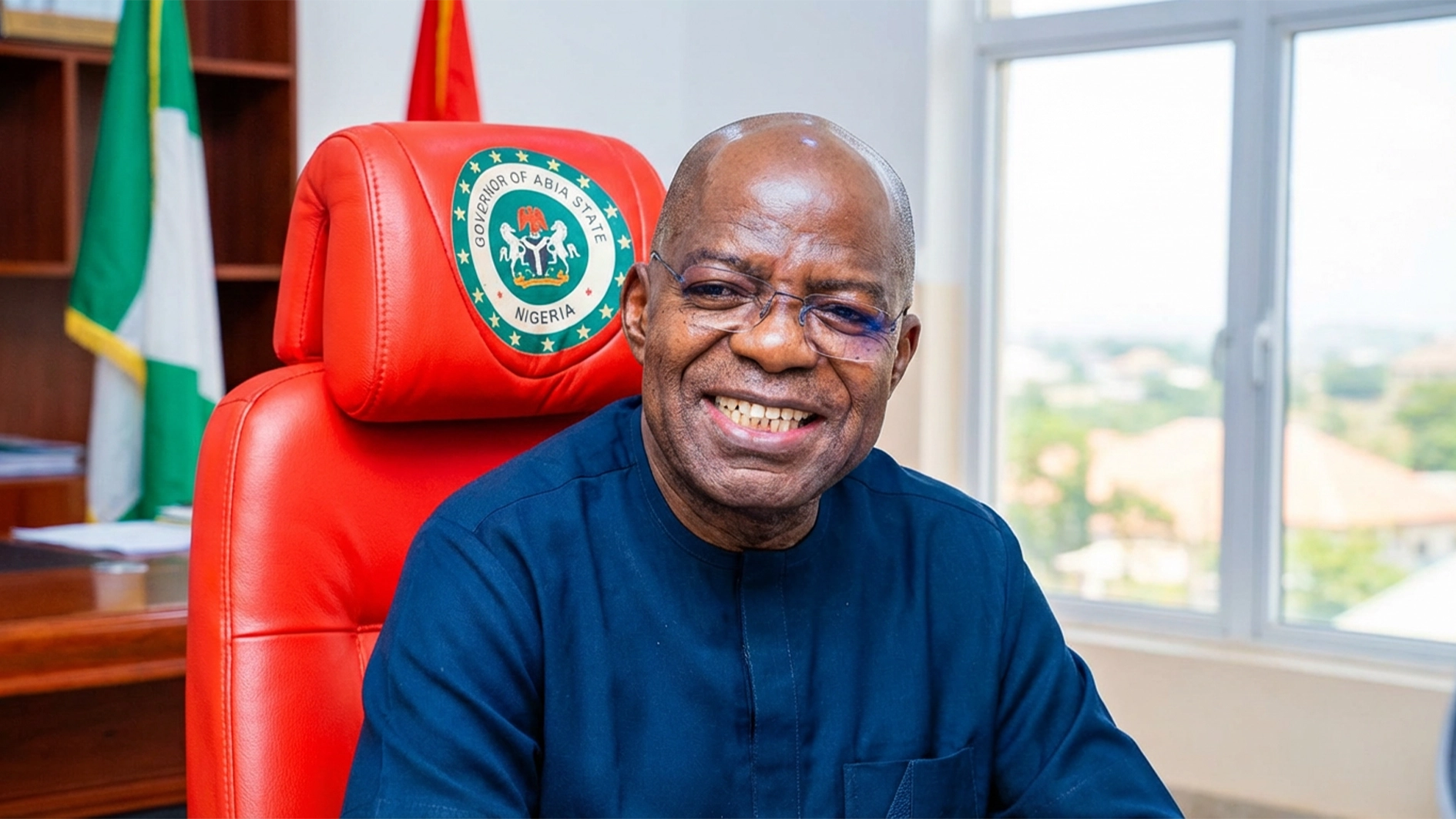The Arogbo-Ijaw people of Ondo State on Friday reiterated their demand for the creation of Toru-Ebe State, following years of what they described as ethnic fragmentation and political marginalisation.
While presenting their demand on Friday during a public hearing organised by the House of Representatives Committee on the Review of the 1999 Constitution, held in Akure, they lamented the prolonged neglect and systemic exclusion faced by the Ijaw people, who are dispersed across Delta, Edo, and Ondo States.
Speaking on behalf of the Arogbo-Ijaw community, Chief Francis Williams argued that the creation of Toru-Ebe State is essential to address historical imbalances and ensure equitable political representation for the Ijaw ethnic group.
Tracing the historical journey of the Ijaw struggle, the delegation highlighted colonial-era decisions that divided the Ijaw people between the Eastern and Western regions, resulting in the Ijaws becoming permanent minorities in various states.
Williams said, “Our request is hinged on the complete lack of fairness, justice, equity and non-compliance with International Conventions, Law and Declarations concerning the Ijaw Ethnic Nationality within the Nigerian Nation State.
“The request for the creation of Toru-Ebe State is primarily intended to address some of these oddities and absurdities within the Nigerian Nation State.
“Our demand is rooted in the total absence of fairness, justice, and equity. We are an indigenous people with over 8,000 years of uninterrupted history in the Niger Delta. Yet, we have been balkanised, marginalised, and rendered politically vulnerable.”
He referenced several national conventions and conferences from Patani in 1991 to Kaiama in 1993 where calls for the creation of homogenous Ijaw states were made, yet ignored.
Citing international charters, including the United Nations Declaration on the Rights of Indigenous Peoples and the African Charter on Human and Peoples’ Rights, he asserted their right to govern their lands, resources, culture, and structures without external interference.
“We are invoking global declarations and charters to which Nigeria is a signatory. The Ijaw people deserve a state of their own — not just as a matter of political restructuring but as a fulfilment of their right to self-determination,” he said.
He also quoted notable Nigerian figures such as Chief Rotimi Williams and Dr. Nnamdi Azikiwe, who both cautioned against the division of ethnic nationalities and the creation of minority enclaves.
“It is immoral to split one ethnic group into two,” Chief Williams had warned, while Dr. Azikiwe emphasised the need for ethnic groups to remain unified within state boundaries for genuine self-determination.
“The creation of Bayelsa State in 1996 was acknowledged as a step in the right direction, but the delegation insists that the Ijaws of the western flank remain politically stranded.
“As the constitutional review process continues, the Arogbo-Ijaws urged the National Assembly to rise to the occasion and correct historical wrongs by recommending the creation of Toru-Ebe State. Our heroes past are on the same page with us. We rest our case and pray for justice,” he said.






